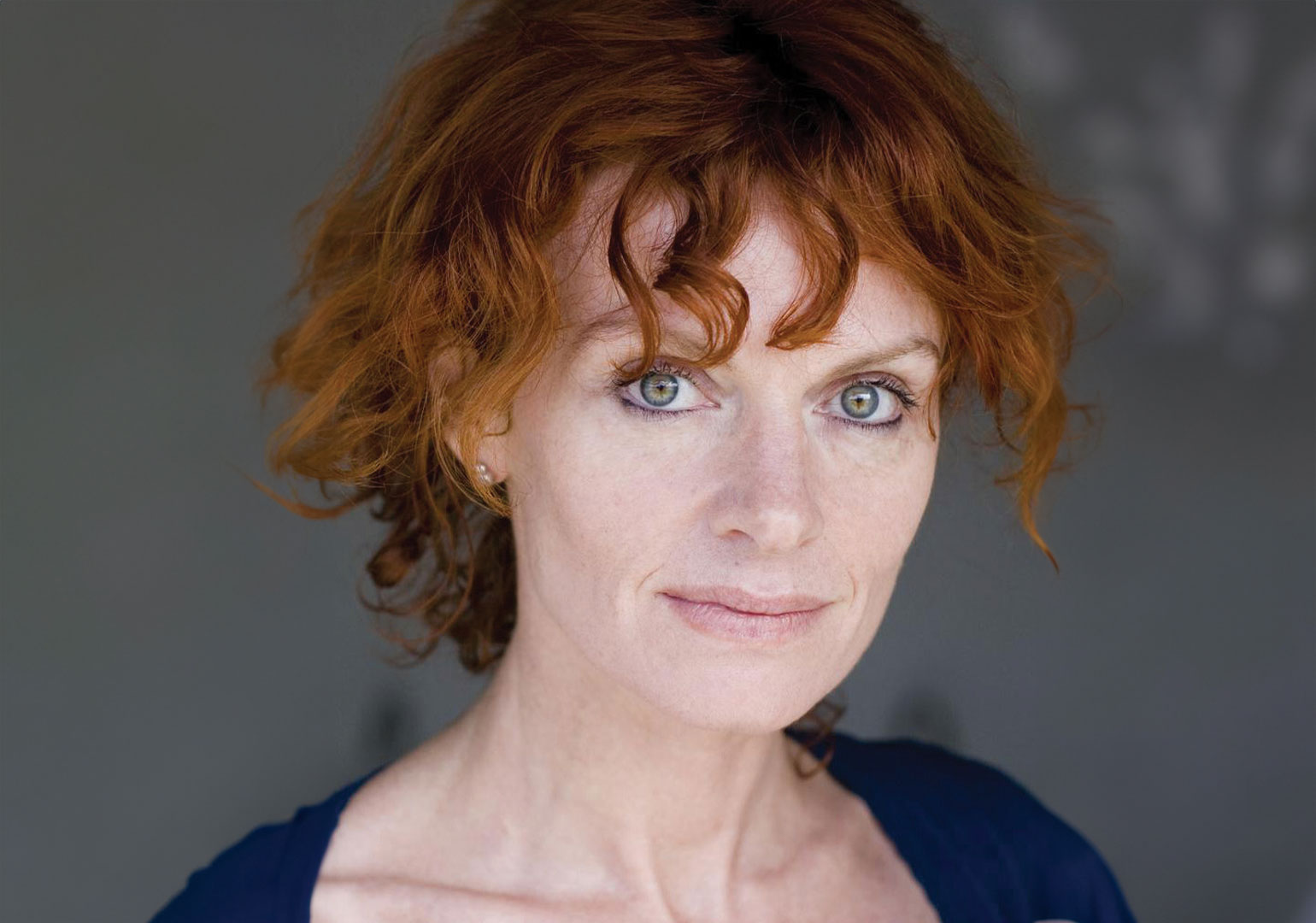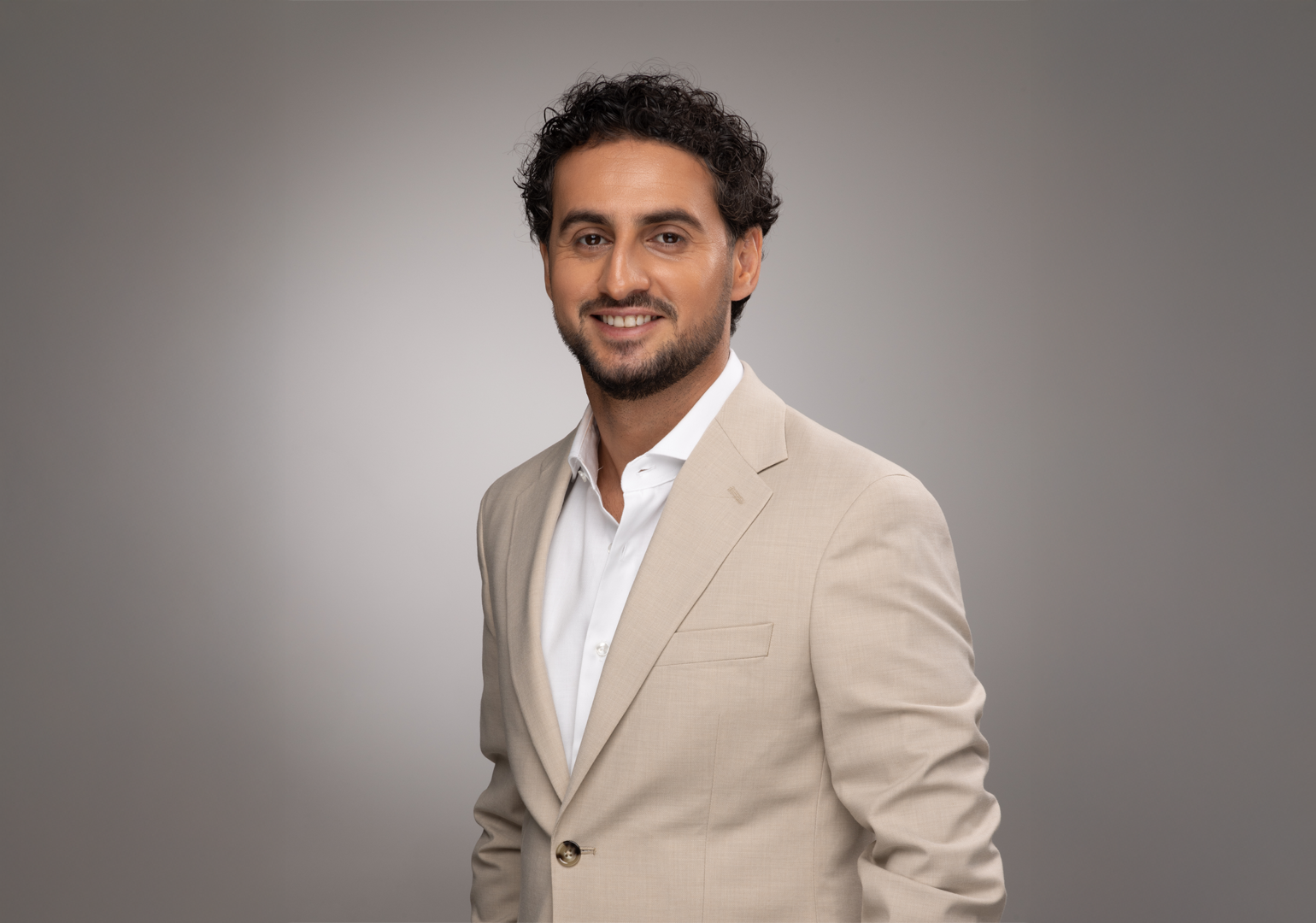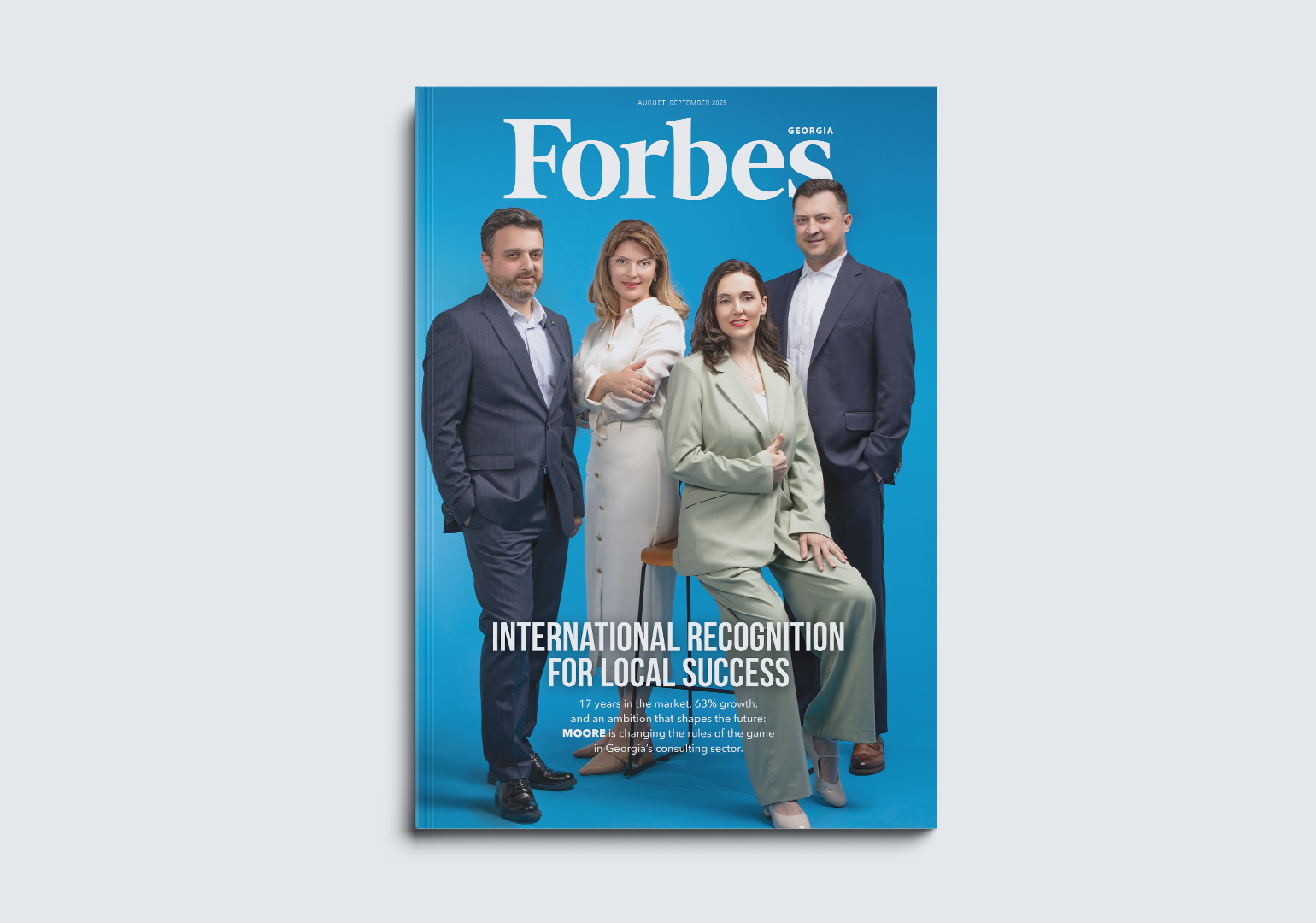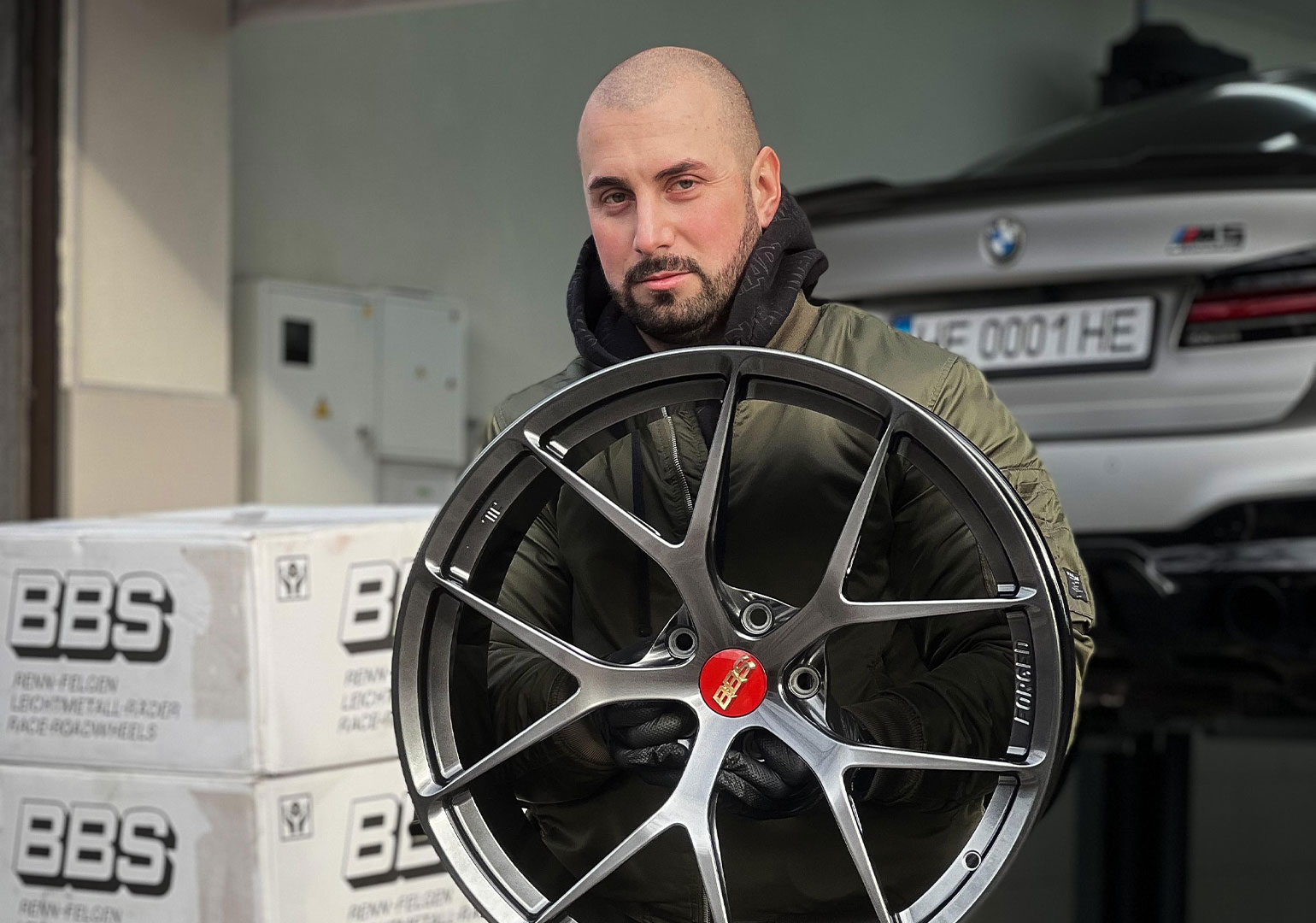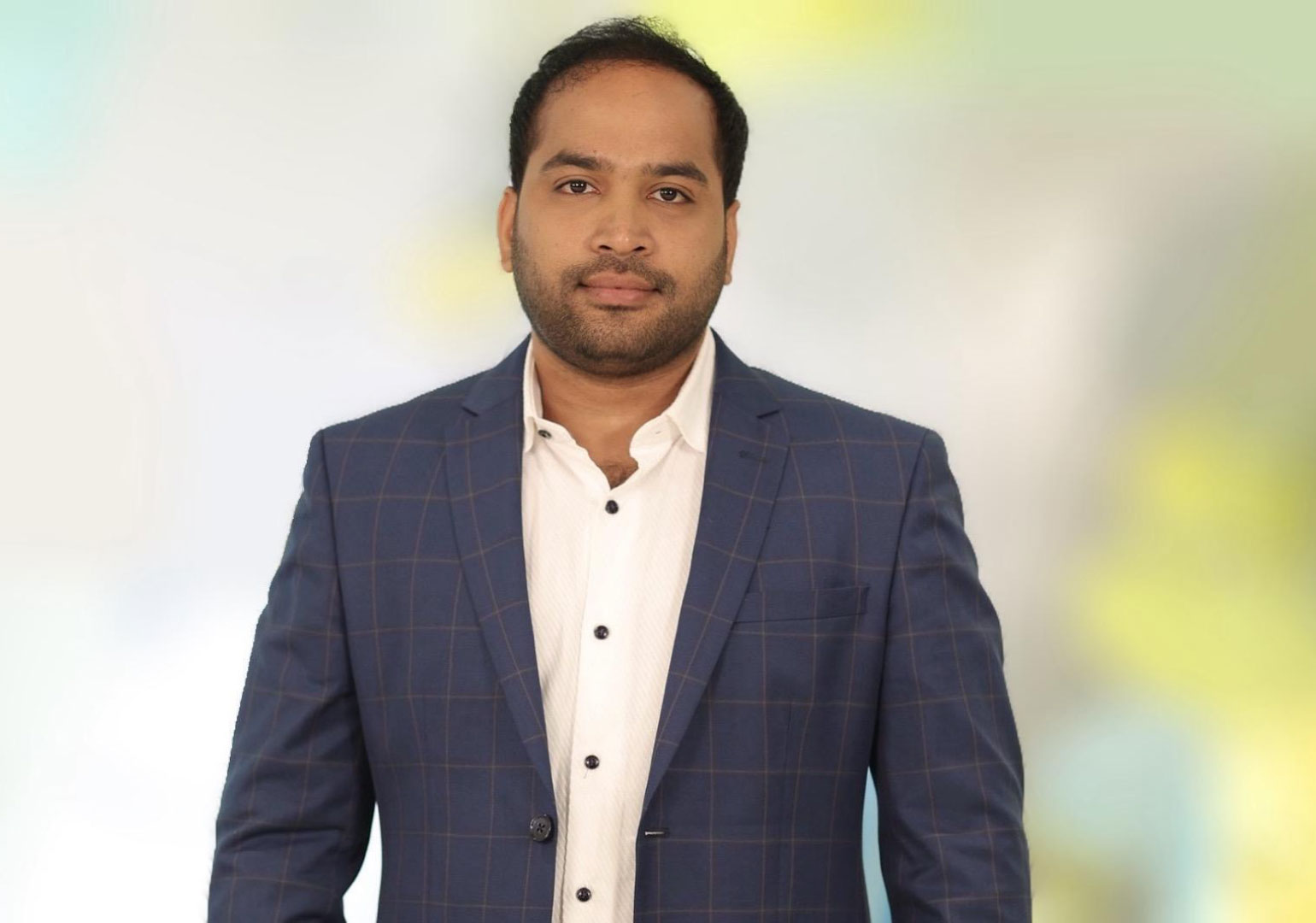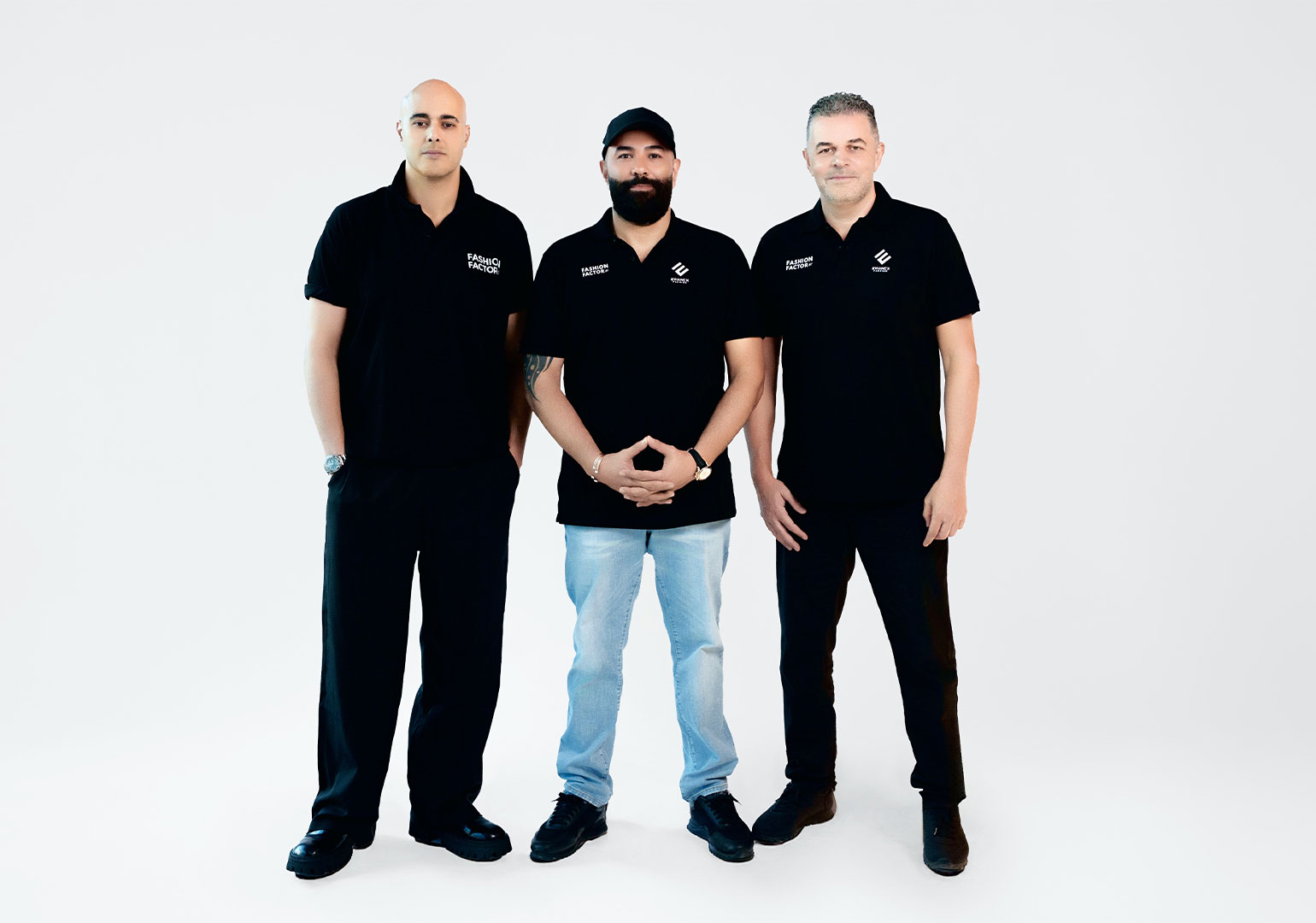Nino Kirtadze left the post of representative of Georgia in the European Cinema Support Fund and European Film Promotion amid the noisy reorganization at the Georgian National Film Centre. While the obscure process that is perceived as a threat to the film sector is still ongoing, we discussed topics that have become the subject of judgment by various groups and talked about the current state and potential of Georgian cinema. Below is Forbes Georgia’s interview with Nino Kirtadze.
Before discussing Georgian cinema, could you tell us a bit about the European Cinema Support Fund Eurimages, where you used to represent Georgia?
Eurimages is one of the world’s most prestigious cinema funds, with around 40 members (mainly from European countries). Georgia has been a member since 2011. By paying an annual membership fee, nations can present cinematographic projects and obtain international funding for them. According to the rules, the Eurimages grant cannot exceed 50% of the film’s total budget, while the rest should be obtained from film centers and public broadcasters of the respective co-producing countries. It is also necessary to have a sales agent. Several sessions are held throughout the year. During each session, the projects of member countries are presented to the jury in competition form. Each country has its own representative. I assumed this position in 2019 when the projects of Salome Jashi and Dea Kulumbegashvili took part in the competition. My job was to present the project package in a way that made it appear superior to the other projects in the contest. It is also essential to lobby your country and present the film project. Past participants in this contest have included distinguished directors from around the world – big names such as Mungiu, von Trier and Bellocchio. It is an intense intellectual and political competition, and Georgian directors regularly emerge victorious from a strong field of participants. It is my duty to evaluate the strengths and weaknesses of each project, create a presentation strategy and, together with the main documents of the package (the script, the director’s vision and the producer’s vision), try to bring to the fore the components that will make the project appear attractive, daring and interesting to the jury, using my acting skills if necessary. Presenting and defending a good film is an art in itself.
It is often suggested that cinema should not be politicized. What is your opinion on this, and is this view shared by many in Eurimages?
A complete separation of cinema and politics can never be achieved, especially now that politics is a part of everyone’s life whether they want it to be or not. Look around – there is a war raging in the heart of Europe. Every word and every step is being viewed in political terms, and it has never been any different. Even a film like Sherekilebi (‘Madmen’) is political and about freedom.
You have probably heard the accusation that Georgian filmmakers are only making movies for festivals. They are even being called the “festival class”.
What is wrong with taking part in prestigious festivals? Is it bad that the whole world gets to watch Georgian films? We should be proud of it. In the cinema, there are commercial films and art films. The policy and essence of a film center is to promote art films. This is the case even in France.
What are your expectations, and how do you assess threats such as censorship?
There is already a censorship case concerning the National Film Center’s Kin-O magazine, whose recent issue was not published due to critical articles and topics (the central topic was the relationship between art and politics). Other possible threats include tightening control of the concurrence of financed scripts with completed films to prevent directors from shooting something the National Film Centre does not know about in advance.
Nothing good will come of this. It is the same as claiming to know that an unborn child will grow up to be tall, lean and an academic. Sounds ridiculous, doesn’t it? First, criticism of any kind is received poorly. Instead of seeing positives, they seem to eliminate criticism altogether. Secondly, you cannot achieve anything if you do not know the industry. Even to establish control, you must be familiar with the industry. A script is organic, and as Justine Triet recently said, a film that is identical to the script is worthless. As a filmmaker, she understands that cinema is art.

Can you evaluate the international achievements of Georgian cinema against the backdrop of low budgets?
There is a severe lack of funding, and I cannot think of any country whose budget is as small as ours. That is why people here often get into conflicts with each other: they believe that if no funds have been allocated to them, it means that someone else has taken them away. To illustrate how little money there is, only one competition occurs in each category per year. We would have a completely different picture if competitions for full-length or co-production films were held at least twice per year. Even the little money available allows our producers to contact the film funds of other countries and persuade them to join the co-production with a small amount of Georgian funding. However, in this case, we risk losing the majority stake in the film, and the final product will be attributed to the country with the larger financial contribution. When we talk about film policies, we refer to our attempts to improve the current situation and earn extra money – for example, by involving broadcasters, promoting national distribution and getting Georgian viewers used to watching movies.
I would like you to imagine two hypothetical scenarios. In the worst-case scenario, let us presume that all our fears surrounding this process are realized, and we get censored, controlled and conjunctive films. How would Georgian cinema be affected, and to what extent will Georgia’s global position be threatened?
Remember The Five Obstructions [Lars von Trier’s experimental film that imposes creative restrictions on a filmmaker]? If this scenario materializes, it will be very unfortunate, but an artist will always find a solution. Think of the Soviet period. The creative spark cannot be concealed by putting a lid on it. Georgians have that spark, so I am certain that Georgian cinema will not be hindered by attempts to censor and control it. You may have seen plants blooming on asphalt – that is freedom, without which an artist cannot exist. Similar attempts were made in the past, and Georgian cinema experienced some dark days, but it always came back like a boomerang because the creative spark never died. I do not believe that Georgian cinema can ever be suffocated. In the worst-case scenario, our filmmakers will leave, get funding abroad and make films elsewhere. When I look at our young producers, I think to myself: what can stop all this energy? For example, the recent selection for the Close Up program included three fantastic Georgian projects being mentioned as candidates for Cannes and Sundance. The Five Obstructions is an illustration of the fact that there are always several solutions to an issue. If the worst-case scenario materializes, we will start looking for the solutions, but the spark will always be there.
Let us imagine the opposite: if Georgian cinema had sufficient state funding and benefited from favorable art-related policies, what heights could it reach? How big is our potential to establish ourselves on the world map?
Funding is, of course, crucial, but so is strategy. Filmmaking is a lengthy multi-stage process that requires well-calculated measures. For example, deciding at what stage the sales agents should be contacted and involved. We need to work on getting serious sales firms interested in our film product, learning to put together a film package, and being competitive in film funds worldwide, especially in the major film-producing countries of France, Germany and Switzerland. We must learn how to create new opportunities globally and properly spend the budget allocated. Instead of checking the film’s conformity with the script, we must take an effective approach to each stage of filmmaking and ensure timely activation of the components that ultimately decide the film’s fate – whether it appears in Cannes or elsewhere.
